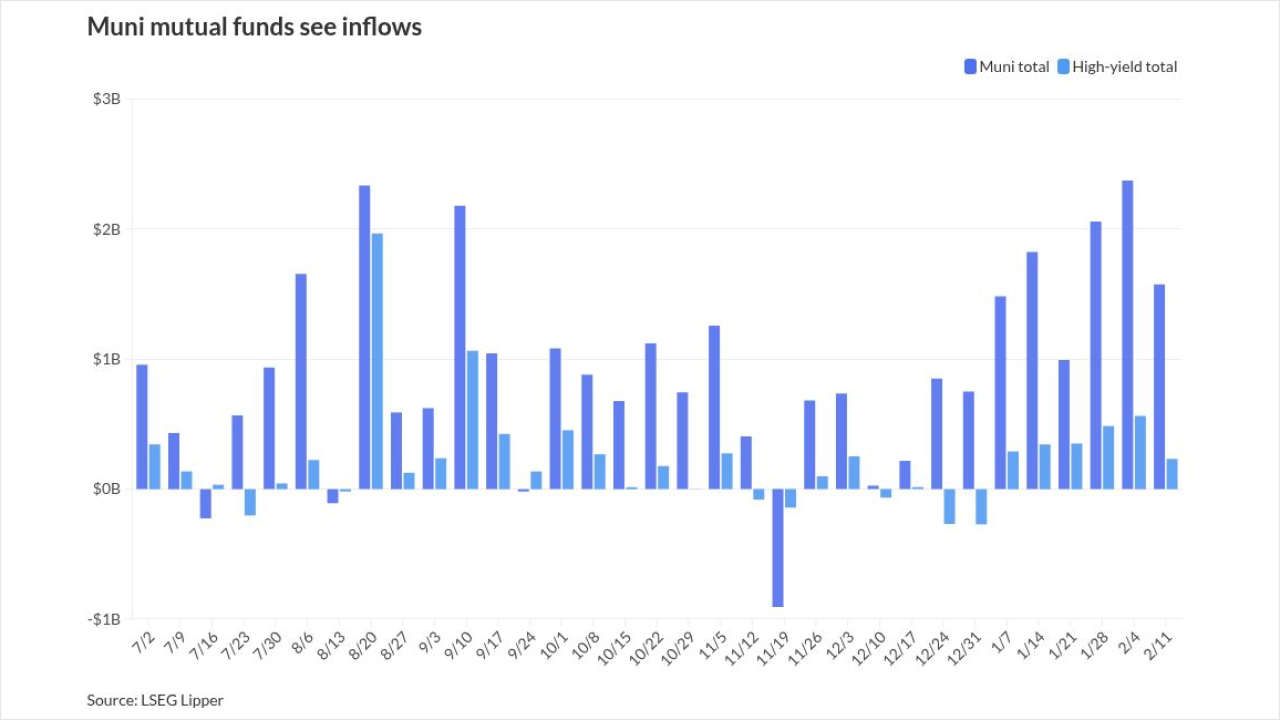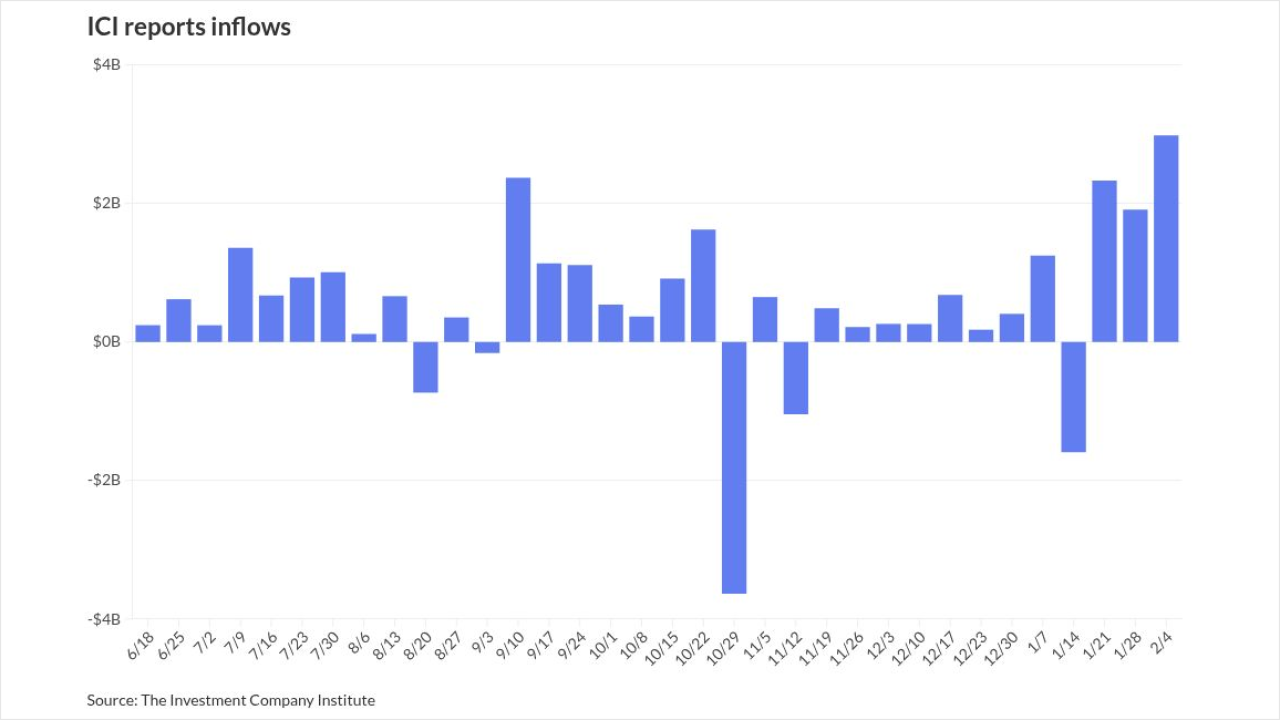Fifteen states rely on sales taxes for more than 40% of the general fund revenue, and for five of them — Florida, Nevada, South Dakota, Tennessee, Texas, and Washington — sales tax represents more than half of their revenue.
So when the Commerce Department reported a second consecutive record drop in retail sales, a 16.4% decline in April, it suggested a worsening of fortune for the 45 states and the hundreds of cities and counties that also levy sales taxes.

Friday’s report suggests the economic contraction caused by the coronavirus pandemic will continue to bring budget problems in many states, and not just in those with pre-existing problems, such as underfunded pension plans.
“Sales tax comprised 30% of total state general fund revenues last fiscal year, and is the second largest source of revenue for most states,” said Shelby Kerns, executive director of the National Association of State Budget Officers. “This large decline in retail sales highlights the fiscal strain facing states.”
Tennessee’s April revenue fell 39.75% compared to a year earlier, according to Department of Finance and Administration Commissioner Butch Eley.
“April sales tax revenues, reflecting March taxable sales activity, were weakened as the state began to withdraw from its usual patterns of consumer spending by mid-month," Eley said.
In Louisiana, parishes, municipalities, school boards, and sheriffs could collectively experience revenue losses in sales and ad valorem taxes, as well as severance taxes and mineral royalties up to $1.1 billion in fiscal 2020 and 2021, according to a report by Louisiana Legislative Auditor Daryl Purpera,
New Jersey
Oregon Gov. Kate Brown
Retail sales from February through April have fallen 7.7% from the same period a year ago.
Reflecting the shift caused by stay-at-home orders that states began enacting in March, sales at clothing and clothing accessories stores plummeted 89.3% while sales among nonstore retailers, such as remote sellers, were up 8.4%.
Meanwhile, states that rely on income taxes already have been hit by a three-month delay in the filing deadline that’s 15 days past the June 30 end of their fiscal year.
State and local government groups ranging from the National Governors Association to the National Association of Counties and National League of Cities have been unanimous in telling Congress that federal emergency aid is urgently needed.
“Unfortunately, states are getting hit from all angles,” said Cornelia Chebinou, Washington director for the National Association of State Auditors, Comptrollers and Treasurers (NASACT).
“The loss of sales tax revenues resultant from stay at home orders just adds to the list,” Chebinou said. “As states begin seeing the numbers, it is apparent that there is a dire need for flexible aid.”
Shaun Snyder, executive director of the National Association of State Treasurers, said Friday’s retail sales report “further underscores the need for Congress to provide states with the flexibility and resources they need to continue their leading role in our fight against COVID-19.”
“Many states and local governments rely to some degree on sales tax revenues to provide essential services,” Snyder said. “Put simply — the drop in sales will result in a corresponding drop in sales tax receipts. We are making it clear to Congress that the current declines in state and local revenues resulting from the COVID-19 outbreak and unprecedentedly large, and not the result of any poor financial planning or mismanagement.”
NAST and NASACT joined with the National Conference of State Legislatures, the Council of State Governments and the Government Finance Officers Association in a
“Federal support for state and local governments through this pandemic is critical to promote a robust and resourced response to this outbreak,” Snyder said.
Emily Brock, director of the federal liaison center for GFOA, called the retail sales drop “a staggering statistic.”
“The vast majority of states depend on taxes based on commerce taking place — when retail sales stop, so does revenue collection," Brock said. “Our champions in the House and Senate understand this now more than ever and are moving forward on stimulus policy to address it.”





